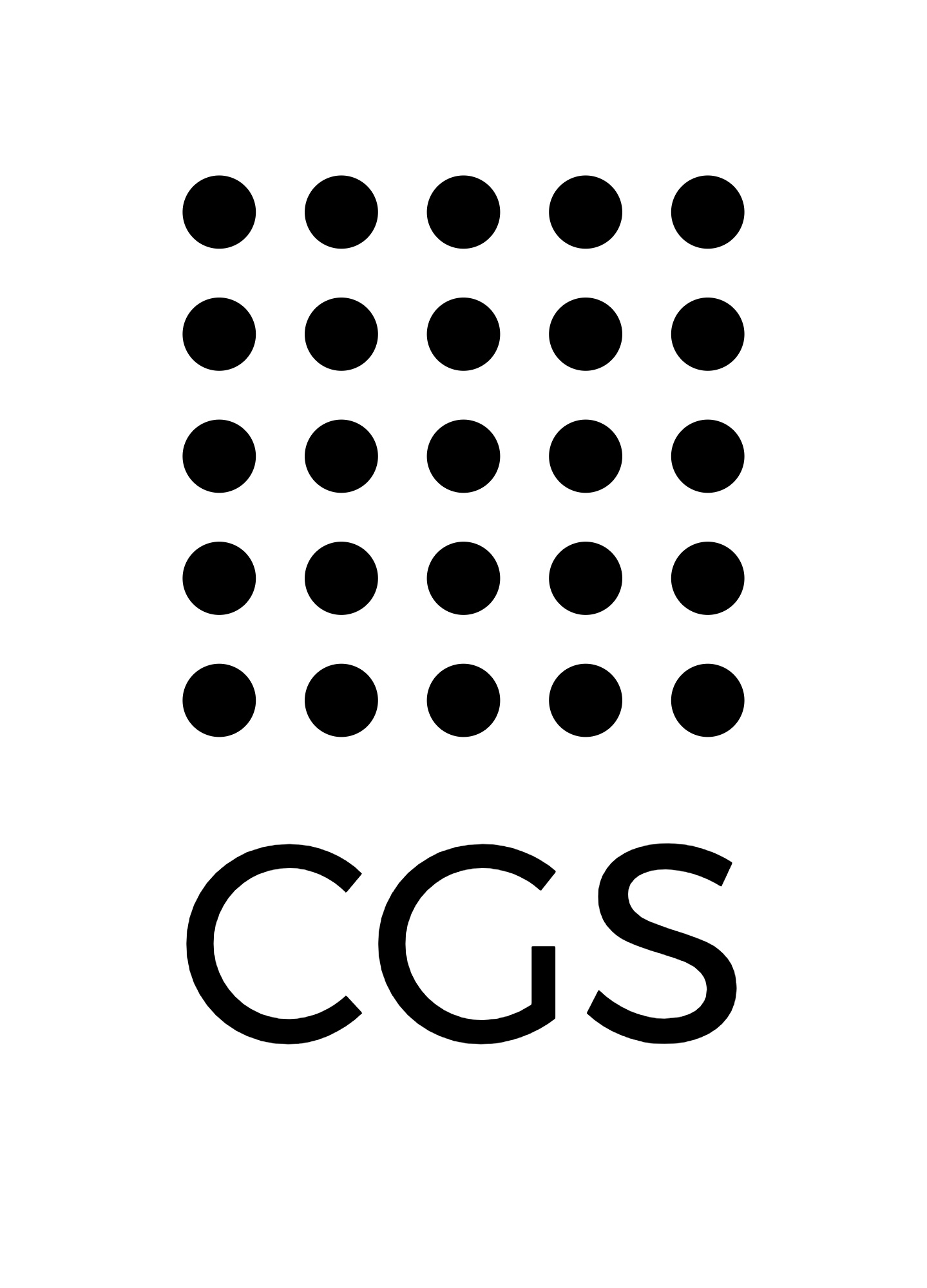Social justice & change: a flashback
I am still reflecting hard on three months interning at Bethell Hospice. People ask, "How was it?" and I answer that it was incredible. But there's so much to say, I think it may be a series of posts.
But there's no rest for the wicked, much less social work students, so back to class we go.
This term's course is Social Justice and Social Change, which couldn't be more timely thanks to a certain American president and similarly grabby-handed men across workplaces and professions.
Our prof is Akin Taiwo, who brings his personal experiences and insights to bear in class, on the solid foundation of Bob Mullaly and Juliana West's most excellent text, Challenging Oppression and Confronting Privilege (2018).
It's a worthy read for anyone who wants to understand that most of us are both oppressed, and oppressors, and that oppression limits the oppressors while it undermines the opportunities for the oppressed. That's a lot of oppression in one sentence. It also helps us locate ourselves in the web of privileges we may or may not enjoy in our society, with compassion rather than finger-pointing or blame.
Another reading for next week's class is Suzanne Pharr's Homophobia: A Weapon of Sexism (1997). It reminded me of a research study I co-authored with Maura Donovan in 1993, and that doesn't have much of a footprint online. It's a snapshot of homophobia in Nova Scotia in the late 80s and early 90s. It was cited in the same-sex spousal pension case Egan v. Canada in 1995.
Here it is, PDF'd and online for reference.
